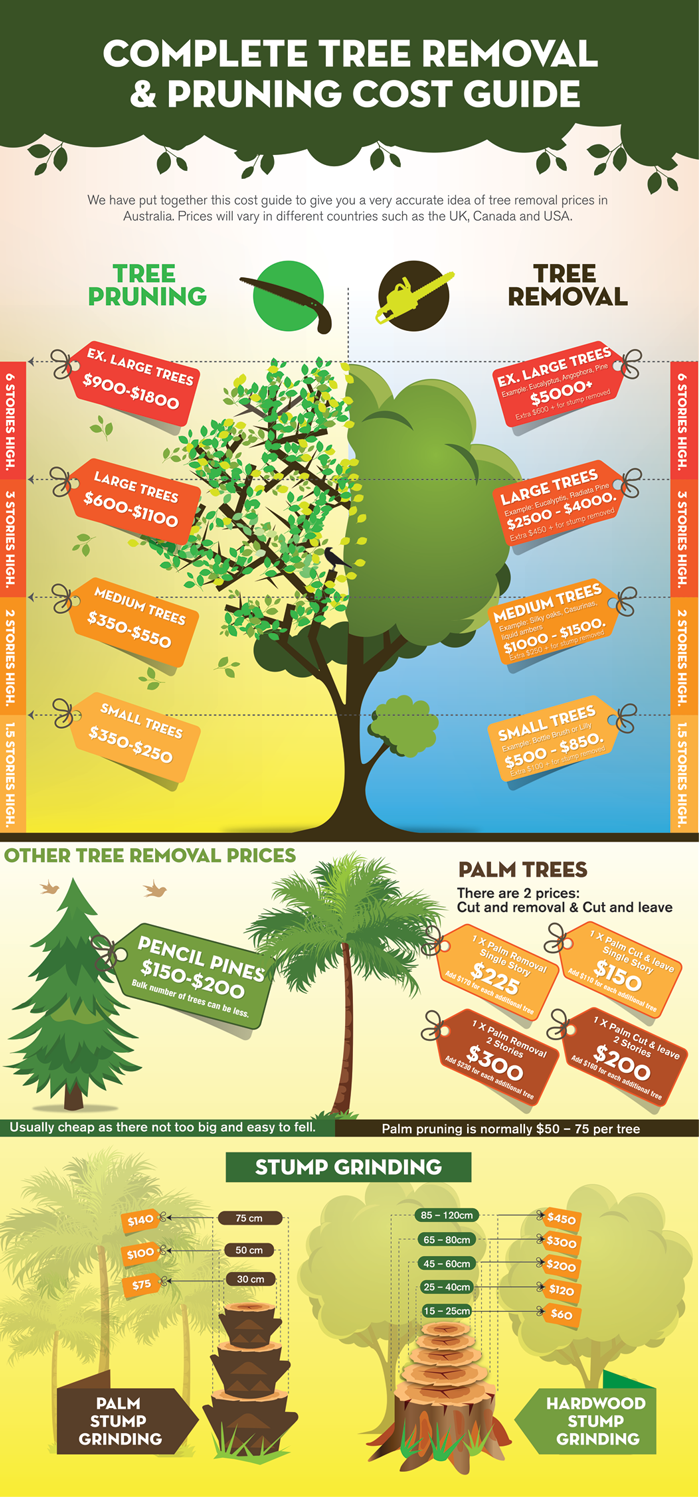Recognizing The Environmental Consequences Of Tree Removal: Crucial Information For You
Recognizing The Environmental Consequences Of Tree Removal: Crucial Information For You
Blog Article
Post Composed By-Ashworth Diaz
When it pertains to the ecological impact of tree elimination, there are important aspects that demand your interest. From the intricate internet of relationships within communities to the subsequent impacts on environment patterns, the consequences are profound. You might be stunned to find the intricate methods which the removal of trees can reverberate throughout the environment. Keep tuned to decipher the detailed connections and effects of this relatively simple act.
Logging and Habitat Loss
Logging and habitat loss are crucial problems originating from tree removal. When trees are lowered, it disrupts entire environments. Not only are the trees themselves lost, but the homes and food sources of plenty of plant and animal varieties are destroyed too. Birds lose their nesting websites, mammals shed their shelter, and bugs lose their habitats. The impacts surge through the food cycle, influencing killers and victim alike.
Additionally, deforestation adds to climate modification. Trees play an essential role in soaking up co2, a greenhouse gas that catches heat in the environment. With less trees, there's less carbon dioxide absorption, leading to enhanced degrees of this gas in the atmosphere and exacerbating international warming.
Precisiontimberfelling
Habitat loss is a direct result of logging, as the damage of woodlands means the loss of one-of-a-kind and diverse ecosystems. Many types are unable to adapt to fast modifications in their environment, causing population declines and, in some cases, termination.
Protecting woodlands is necessary to preserving the delicate balance of nature and making sure the survival of plenty of plant and pet varieties.
Influence on Biodiversity
The removal of trees has a significant impact on biodiversity, affecting the range and abundance of plant and pet types in a location. Trees supply habitat and food sources for numerous organisms, from pests to birds to mammals. When trees are eliminated, these varieties shed their homes and sources of food, resulting in a decrease in their populaces. This disturbance can have plunging effects on the entire ecological community.
Moreover, trees play a vital duty in keeping biodiversity by developing microhabitats within their canopies, trunks, and roots that sustain a large range of types. When trees are reduced, these specialized atmospheres are destroyed, minimizing the overall diversity of the area.
In addition, the removal of trees can result in a reduction in genetic variety within plant populations, as certain tree varieties may no longer be able to replicate or spread successfully. Protecting trees and forests is necessary for protecting biodiversity and ensuring the health and wellness of ecological communities for future generations.
Dirt Erosion and Environment Modification
With trees being removed from a location, the interruption of dirt structure and security occurs, resulting in increased soil erosion. Trees play a vital role in stopping disintegration by holding dirt in position with their root systems. When trees are removed, specifically in large numbers, the soil ends up being more at risk to disintegration from wind and water. This disintegration not just impacts the instant surroundings however can also bring about sedimentation in close-by water bodies, affecting water quality and water communities.
Moreover, please click the up coming document aid control the environment by soaking up carbon dioxide throughout photosynthesis. When trees are cut down, this natural carbon sink is decreased, adding to increased levels of greenhouse gases in the ambience. This can aggravate climate modification, causing more extreme climate occasions and disruptions in ecosystems worldwide.
For that reason, the elimination of trees not only accelerates soil erosion yet also contributes in the bigger ecological issue of climate change. It's important to think about these aspects when evaluating the effects of tree removal on the environment.
Verdict
Now that you understand the ecological influence of tree removal, take into consideration the consequences prior to lowering trees. Logging disrupts communities, minimizes biodiversity, and contributes to soil disintegration and climate modification. By bearing in mind the effect of tree removal, you can help secure our atmosphere and maintain the delicate balance of nature. Make educated options and consider different options to reduce the unfavorable results on our planet.
